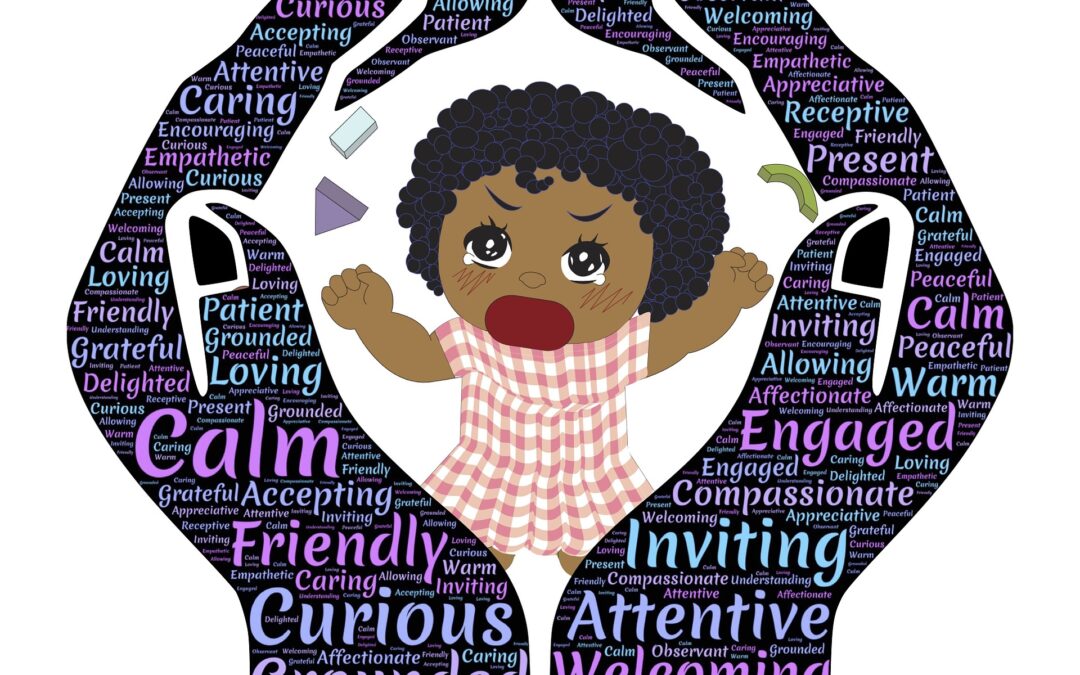I used to explain way too much by referring to hypervigilance. These days, I’ve come to understand better the variety of factors that can cause the meltdowns we see in our kids from hard places. I want to briefly explore: the intimacy barrier, sensory overload, will power exhaustion, and control issues.
The Intimacy Barrier. Some, probably most, of your kids learned early on that other people are not sources of comfort and care. Many have personal space the size of a mid-sized sedan. Others are over-reactive to even the most innocent question about their family of origin. It may take a very long, very patient time before you are seen as an emotional resource (being seen as a wallet or purse comes sooner). Spend lots of time together, side-by-side, doing things that are benign like, riding in the car, prepping dinner, rocking, painting, coloring, bouncing a ball. These rhythmic activities help their brains learn self-regulation (missed when rocking was not part of care in infancy); doing this with you associates you with being calm in their body. That’s a very good thing.
Sensory Overload. It is interesting to think about how the brain learns to handle so much input from so many sensory organs. If you imagine a uterine environment that includes yelling, fear, and violence and the attending chemicals that come with all that, it becomes easy to understand how a child could learn that too much noise is a dangerous thing. That early learning results in neurological pathways that persist even when the danger is over. Consider this before planning a trip to a water park, Disney Land, or a long road trip in a crowded vehicle. One set of parents concluded the only answer was a set of noise reducing headphones. Develop an action plan (move to a quiet place, return to the car, bounce a ball on the sidewalk, wear the headphones, etc.) for these overwhelmed moments in public and let your child in on it. They may even have better ideas.
Will Power Exhaustion. This one is about the child who was able to keep it together all day at school but arrives home uncooperative. Before asking for anything give this child some time to replenish their will power. In a calm moment, talk about how you can make this happen for your child. Let them talk to friends (social connection), focus on breathing for about 3 minutes, work on an art project, play with the dog, or make a 3-minute recording about anything.
Control Issues. Remember, it is not “What is wrong with you?”, it’s “What happened to you?” It is important that you find a way to empathize with how hard life still is for this child. They have a very small repository of coping strategies and until they are at ease with new ones, they need these old, however dysfunctional, strategies to navigate the day. If no one has ever been a reliable source of much of anything, this child has learned to do for themselves. I remember a 4-year-old taken into care when found dumpster diving for food with his 2-year-old brother. Respect this need for control. Work with it and find ways to satisfy it. What does your child want to control? Make food readily available; make petty cash ready available, etc. Offer choices but limit them to two options only. Do you want to wear the red shirt or the blue one? Do you want to feed the dog now or after dinner? These choices become an experience in self-efficacy and, at the same time, simplify what might otherwise feel like an overwhelming decision (see Will Power Exhaustion, above.
And remember, it may not seem like it, but all humans are social creatures. You are doing this so the child in your care enters adulthood more able to give and receive love, more able to cooperate with others. This way, they will be more likely to be able to provide food and shelter for themselves when you aren’t there to provide these necessities.
Take care of yourself so you can take care of others.
NEWS
- I’m teaching another series about the Neurosequential Model. On Zoom for 6 weeks, Wednesdays, 10/27-12/1 from 7:30 to 9:30, skipping 11/24. The next will start in January, 2022.
- Check out the AZAFAP Event Calendar at https://azafap.gnosishosting.net/Events/Calendar. Registration is open for new, regional Circles of Supportive Families. Reach out to find another parent who understands.
- Our Friday night Happy Hours continue. Some nights find me and a single other participant; others find a conversation among 4 to 6 people. The topics range from silly colloquialisms that add color to self-expression to what hobbies have us in their grip to what life has thrown in our path over the past few days or years. If you ever find yourself awake and wanting a bit of grown-up novelty, consider joining us (check your email for the unchanging link). Coffee Chat is now every Tuesday at 1:00 p.m. Same structure as Happy Hour, so check your email.
- Though pressures are easing, this pandemic continues for those of us who understand what is at stake. Others seem to struggle to grasp that. While we await vaccines for our kids, you are in my thoughts. Reach out if you need an ear: cathyt@azafap.org.
- I encourage you to check out what Dr. Bruce Perry has to offer. Find his thoughts at https://www.pcaaz.org/wp-content/uploads/2019/07/B21-Insightful-Caregiving-Intimacy.pdf and at https://www.neurosequential.com/covid-19-resources .
Thanks for listening.
Cathy


Recent Comments